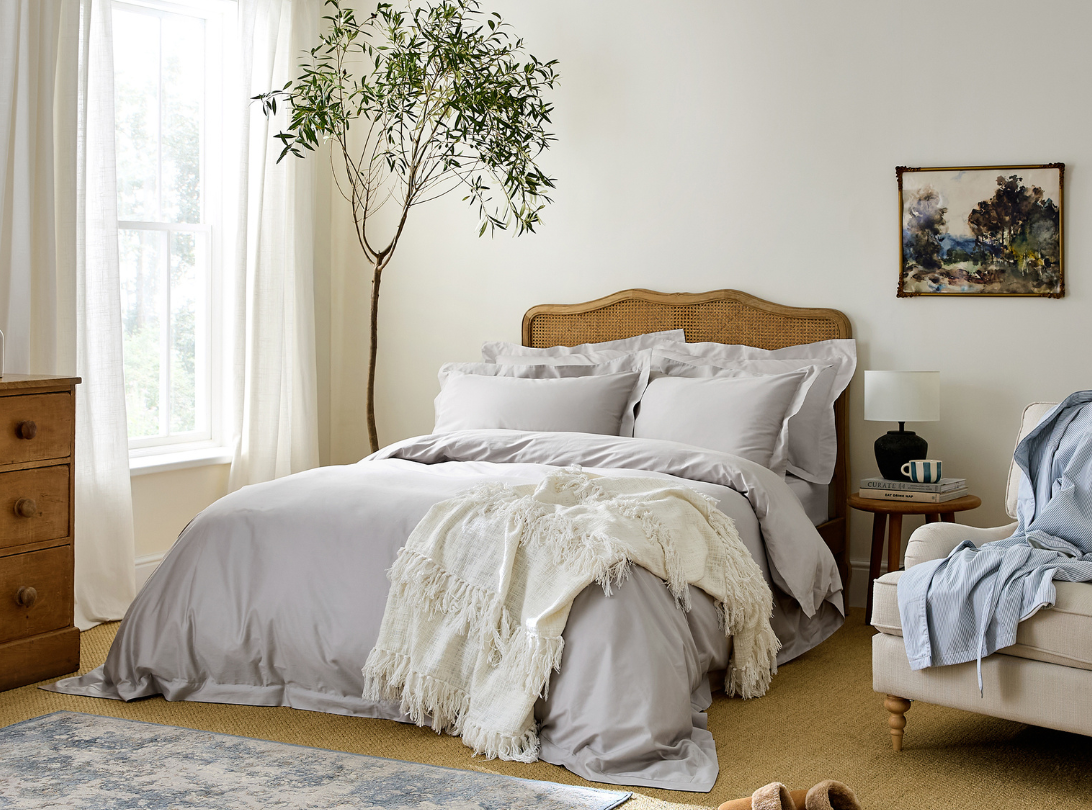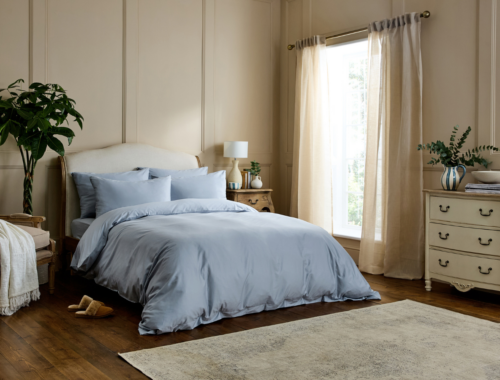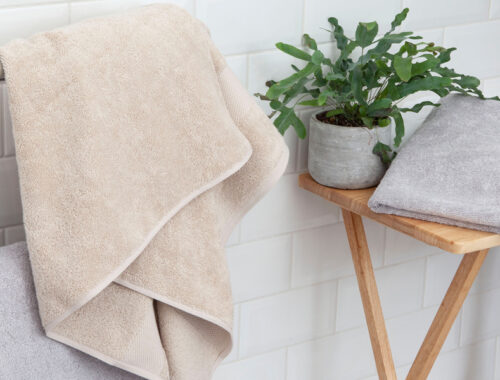
the benefits of conscious living
We know just how easy it is to get caught up in the motion of rushing through life. We’re presented with myriad choices and distractions daily, with outlets constantly fighting for our attention. But the increasing speed of modern life is creating the notion that we need to utilise our time and knowledge in a more thoughtful way. Slowly, this idea is resonating with more and more people—it’s all about conscious living, and we’re super into it.
conscious living wears many hats
It’s easy to not even know where to start when thinking about living more consciously. It can be interpreted in several ways—and remember, not everyone can do it all! For us, this simply encompasses savouring more of our everyday moments, while also making conscious decisions to invest in fashion and homewares that are designed with longevity, human rights and environmental impacts in mind.

good things take focus
By stepping away from excess, not following every trend and devoting our time to the things that truly mean the most to us can pave the way for more meaningful days and an empowered sense of self. We know good intentions are sometimes hard to actually put into practice, but we can attempt to gradually incorporate slowness into our daily routine by savouring and consciously engaging with some of our small, everyday moments. The thing we love most about adopting a slow living way of life in this sense is that it emphasises and draws attention to ordinary rituals that are often carried out on autopilot without thought or consideration. Reclaim some of those stolen moments and reap the benefits of reduced stress and improved wellbeing. Just what the doctor ordered!
good things take time
In the same way that fast living can have a detrimental effect on our happiness, fast fashion (in addition to being poorly made) has a detrimental impact on the environment and the lives of those working hard to make the things we love. Most of us are uncomfortably aware that many fast fashion and textiles companies put profits before their workers and our planet. They often create products that are designed to meet demands for current trends quickly but not designed to last, are obsessed with how much their supply chain can be sped up and how many new styles can be churned out weekly. We’re certainly not into that.
‘Who made my clothes?’ Fashion Revolution week has just passed, which coincides with the anniversary of the Rana Plaza factory collapse in Bangladesh. This provides the perfect platform for brands to offer transparency and encourages consumers to ask who made their clothes, how much they’re paid and what their lives are like. However, we believe this shouldn’t restrict us from asking this question all year round, nor apply to fashion alone. It’s important to remember that homeware is also a mayor contributor to textiles waste. Although it’s been six years since the disaster which killed 1,138 garment workers, so many of our garments and textiles products are sadly still being made by people who are hugely underpaid, undervalued and overworked. We need to think a little more often about the many incredibly skilled hands that took part in making each of our purchases. Choosing products based on the ethics and values that mean the most to us is a perfect way to implement conscious living, while making the world a better place.
Remember, try not to get overwhelmed by thinking that you can’t do enough. Each step, however small, should be celebrated!
With belief in mindful consumption and conscious living, we only make bedding and bathroom essentials that will stand the test of time, help you savour your little everyday moments and support each of our talented workers.

ways to reuse our drawstring bags
You May Also Like

meet yoga teacher lotte bowser
June 21, 2019
hacks for rising and shining when you’d rather be hibernating
December 12, 2018

